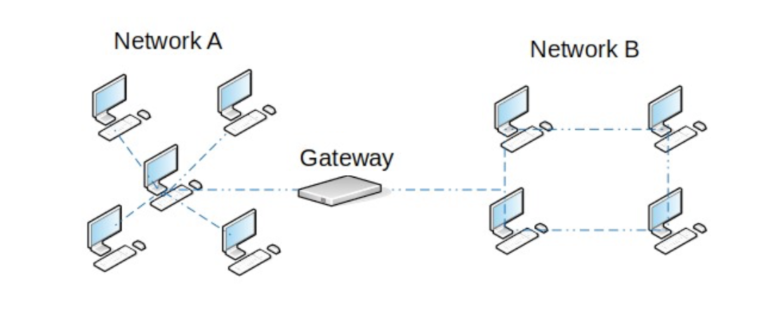
.pp-multiple-authors-boxes-wrapper {display:none;}
img {width:100%;}
AWS re:Invent, which has been taking place from November 27 and runs to December 1, has had its usual plethora of announcements: a total of 21 at time of print.
Perhaps not surprisingly, given the huge potential impact of generative AI – ChatGPT officially turns one year old today – a lot of focus has been on the AI side for AWS’ announcements, including a major partnership inked with NVIDIA across infrastructure, software, and services.
Yet there has been plenty more announced at the Las Vegas jamboree besides. Here, CloudTech rounds up the best of the rest:
Next-generation chips
This was the other major AI-focused announcement at re:Invent: the launch of two new chips, AWS Graviton4 and AWS Trainium2, for training and running AI and machine learning (ML) models, among other customer workloads. Graviton4 shapes up against its predecessor with 30% better compute performance, 50% more cores and 75% more memory bandwidth, while Trainium2 delivers up to four times faster training than before and will be able to be deployed in EC2 UltraClusters of up to 100,000 chips.
The EC2 UltraClusters are designed to ‘deliver the highest performance, most energy efficient AI model training infrastructure in the cloud’, as AWS puts it. With it, customers will be able to train large language models in ‘a fraction of the time’, as well as double energy efficiency.
As ever, AWS offers customers who are already utilising these tools. Databricks, Epic and SAP are among the companies cited as using the new AWS-designed chips.
Zero-ETL integrations
AWS announced new Amazon Aurora PostgreSQL, Amazon DynamoDB, and Amazon Relational Database Services (Amazon RDS) for MySQL integrations with Amazon Redshift, AWS’ cloud data warehouse. The zero-ETL integrations – eliminating the need to build ETL (extract, transform, load) data pipelines – make it easier to connect and analyse transactional data across various relational and non-relational databases in Amazon Redshift.
A simple example of how zero-ETL functions can be seen is in a hypothetical company which stores transactional data – time of transaction, items bought, where the transaction occurred – in a relational database, but use another analytics tool to analyse data in a non-relational database. To connect it all up, companies would previously have to construct ETL data pipelines which are a time and money sink.
The latest integrations “build on AWS’s zero-ETL foundation… so customers can quickly and easily connect all of their data, no matter where it lives,” the company said.
Amazon S3 Express One Zone
AWS announced the general availability of Amazon S3 Express One Zone, a new storage class purpose-built for customers’ most frequently-accessed data. Data access speed is up to 10 times faster and request costs up to 50% lower than standard S3. Companies can also opt to collocate their Amazon S3 Express One Zone data in the same availability zone as their compute resources.
Companies and partners who are using Amazon S3 Express One Zone include ChaosSearch, Cloudera, and Pinterest.
Amazon Q
A new product, and an interesting pivot, again with generative AI at its core. Amazon Q was announced as a ‘new type of generative AI-powered assistant’ which can be tailored to a customer’s business. “Customers can get fast, relevant answers to pressing questions, generate content, and take actions – all informed by a customer’s information repositories, code, and enterprise systems,” AWS added. The service also can assist companies building on AWS, as well as companies using AWS applications for business intelligence, contact centres, and supply chain management.
Customers cited as early adopters include Accenture, BMW and Wunderkind.
Want to learn more about cybersecurity and the cloud from industry leaders? Check out Cyber Security & Cloud Expo taking place in Amsterdam, California, and London. Explore other upcoming enterprise technology events and webinars powered by TechForge here.







